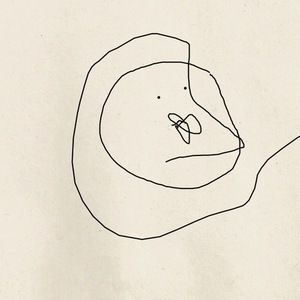I've been reading a lot lately about the lack of diversity in STEM-based jobs and entrepreneurial ventures, and what to do about this. Being someone who's working in this industry, and has been for twenty years now, I find this terminology facile.
I've worked with people of European, Korean, Chinese, South Asian, Persian, and Vietnamese descent. So when I hear lamenting over the lack of "people of color" in the technology workforce, I have to wonder what they're talking about, and I think I have the answer. It's not about the color of your skin or hair or eyes. It's about money.
The people who are conspicuously absent from my list? People of African and Latin-American descent. Those are the "people of color" who aren't well represented in this industry.
The focus on color (or appearance) is a red herring. Follow the money: engineers and tech-entrepreneurs often come from middle or upper economic classes. They had access to good education, healthcare, and extracurriculars as kids. They were people who got into good colleges, which then opened doors into STEM jobs.
Of course there are exceptions. That's how you prove the rule, right? But the truth is, if you have money, your children are more likely to succeed financially. If you have money and you encourage your child to enter a STEM field, same result.
This is the reason most executives (in the USA) are European-American ("white") men. It's the reason why most venture capitalists are, too. It's the reason why women are underrepresented in all walks of life. It's why the Asian population is so heavily represented in the tech-sector.
Money, power, and success are closely related. I realize this isn't news, but why are we failing to talk about it in the context of "diversity in tech?"
In all these essays that bemoan unconscious bias and overemphasis on company culture (both of which are real problems), why aren't they talking about economic advantages? I realize that nobody likes to talk about money - we are in the land of opportunity, after all - but we have to bring that into the conversation if we're going to effect change.
Money doesn't make you smarter or dumber or more or less capable of coding, but it sure does change your likelihood of spending hours in front of a computer in your formative years. Math may be the great equalizer, but you still have to learn to do the math.


